Venice Film Festival 2014: Interviews with Ethan Hawke and Andrew Niccol for Good Kill
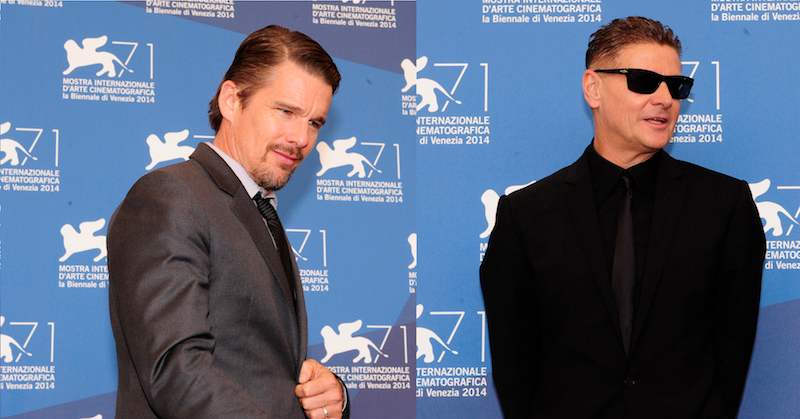
After the unveiling of Andrew Niccol’s latest movie Good Kill, The Upcoming interviewed actor Ethan Hawke and the director at the 71st Venice Film Festival.
Good Kill is the first fiction feature ever made about the drone programme and tells the story of a former F-16 pilot who now fights the Taliban during the day, remotely piloting an aircraft from a military base in the suburbs of Las Vegas. Could you explain the military support: what did you want and were you surprised not to get any?
Could you explain the military support: what did you want and were you surprised not to get any?
Andrew Niccol: I was not surprised at all, of course. All of those trailers you see and all the drones, they are very intricate machines, and I had to build them all, because it’s not like I could just show up at a military base and say, “Oh, by the way, can I have some of your top-secret trailers, just to borrow?”.
So you made them up?
AN: I drove my art directors crazy, because I wanted them to look exactly the way they look. I do have good blueprints and photographs of when the air force was still proud to show it off to journalists like yourself; they would go and take people on tours for like 60 minutes – not now, you can’t go there now. They still have the evidence from the past when they were more open about it, so I had to design it from scratch.
The things happening on the pilot’s screen are important, and terrifying because you see explosions with no audio. How visually accurate are these scenes?
EH: Yeah!
AN: That’s… pretty true. I have to thank one of my researchers, Bradley Manning, because without people like Bradley Manning and Wikileaks we would not see these drone strikes. You can actually Google it as easily as me and see them; you can do it now.
How did you create that look? Where did you shoot it?
AN: I shot in Morocco for Afghanistan and Yemen and Waziristan, and it was a very very interesting shoot, because I’ve never done a shoot where I was never on the ground. I always shot from the drone pilot’s point of view, so I was in a helicopter or I was up in a crane. Even when I was location scouting, I couldn’t stand here and say “Oh this is a good place to shoot”, I’d actually have to go up in a crane to look down at the site and to say “Yes this is going to work”. So there’s no shot on the ground because he’s never on the ground.
There’s also a few shots of your character’s home that are filmed in the same way – what does that say about your character?
EH: I see the film through my character’s eyes but I think it’s representing his paranoia. What we all do to others we always imagine being done back. You know, someone who is really paranoid that people are lying to them is often someone who lies a lot. It’s the nature of instant karma: he’s looking at the world and he’s imagining the world as seeing him the same way.
AN: I kind of like that he had this God’s eye point of view – but then there’s God!
Do you think a movie like this can help people understand the implications of the drone programme?
AN: I hope so, yeah – I hope it starts a lot of discussion and provokes a lot of thought about it. I think [the movie] is like the drones itself: it flies over the radar and the programme and what we do. We just think “Oh it’s just another drone strike in Yemen,” but what went into that? You know, it’s interesting to me what went into it.
What meetings did you have with real drone pilots and what did you take from them?
EH: It was a luxury because Andrew not only designed these things that were exact replicas, but he brought in two former drone pilots to talk with us about how to operate them and what it’s like. What I took away from it is how complex the situation is – a lot of these guys are the same type of person who is extremely interested in video games and extremely good at them, and some of them would do this for ten hours and then drive home and play video games for four hours, and it seemed impossible from my understanding of it for a person to separate from that. That’s not really relevant because my character, he’s the one who is different; he’s trying to balance the absolute schizophrenia of trying to be at war with the Taliban and then picking your kids up from school, and how hard it is for one human being to hold all of that in their head.
Is that a kind of schizophrenia that you, as an actor, are familiar with? You know, making a frontier between character and person?
EH: That’s an interesting question. Familiar with, maybe, but I also know how difficult that is.
AN: When you do theatre do you take it home?
EH: Was my wife glad when Macbeth closed? Absolutely! In fact, we’ve gotten to the point where there’s certain movies that she would want to go and see, and certain ones that she’d really rather not. I know from first-hand experience that when you meditate on something all day – you know, I remember when I was playing a guy that was a coke addict and I was meditating on that all day – it’s impossible for that not to bleed into your life. The idea that you can just close the door on that… actors work in a kind of emotional currency, you know, and when you’re playing a character like Tommy Eagen and he’s so incredibly unhappy, you have to think like him, you have to try and think the way that they think, you’re teaching your brain how to think like that. I remember being a kid and reading The Bell Jar and I wanted to kill myself after that book. But I’m trained to do this; I had a lot of training, and I think for these soldiers they have no real training about compartmentalisation. I have a brother who’s in the military and he says you know some of these 19-year-old kids show up who you wouldn’t give the keys to your car, but you’ve got to give them keys to a Humvee and let them drive through Baghdad; it’s very dangerous.
Do you hope the movie draws attention to Post-Traumatic Stress Disorder because you really see the effect of it?
EH: I try not to have an agenda with the audience, you know; I don’t particularly love movies where you feel they’re trying to teach or they’re didactic in that way. What I love about this movie is that it’s really just presenting a truth, and it’s a kind of authority truth. We all love the idea that there would be a way to have war without casualties, like “this is kind of a bloodless war, we get to stop terrorism but none of our men are hurt, and that seems like the least bad option” but before we press go on that completely we should probably learn more about it because I think that I for one as a citizen didn’t know anything about it. So I hope it provokes a dialogue and I hope that that dialogue is constructive, obviously.
You said in the press conference that the drones will put an end to flying but a lot of new technology is now putting an end to a lot of experiences…
EH: Porn is putting an end to sex?
Do you think that the United States have the right to enforce justice in some other parts of the world in the name of defending their own country?
AN: I’m just putting it out how it is. I don’t come to some judgement about whether they should or should not, but they certainly are and when all the troops leave Afghanistan, the drones are certainly not going to go anywhere, and the question we have to ask ourselves is “Is it going to be an endless war?” And you know, are we going to be the armed policemen over this part of the world forever?”
Would you like this role for the United States? To be the policemen of the world?
AN: It’s not up to me to say it. It’s up to the audience and the rest of the world to make their own decision.
Do you have an opinion on it, Ethan? I guess you do but do you want to share it?
EH: Really we made the movie to speak for us on our opinions about it. I think an educated public will make a better decision about that than Andrew or I would, and we’re not running for Office, for Christ’s sake. The thing is, these soldiers can’t tell their own stories – they probably don’t have the desire to, but they also can’t. We as a public have to decide what position we want to put our soldiers in, the world community has to decide if we want the US roaming above us, and what do you do when every country has a drone? Then nobody can go outside – will Obama even be able to public speak if an enemy of the US has a drone and he can’t even step outside. We’re opening up doors that are really interesting and we have to make sure that we want them open.
Is the public educated enough?
EH: Certainly not, certainly not.
AN: This will hopefully help, you know, just to give some window into the world of what we’re doing, and what’s being done in your name. If you live in the West, it’s being done in your name…
EH: And with your money.
AN: And it doesn’t matter even if you’re not an American citizen; it’s still being done if you don’t say anything, if you remain silent about it then it’s being done in your name.
Can this technology put end to wars?
AN: You can’t say for sure. Look at the IS: who here would say “I would not send a drone to get the guy who just cut somebody’s head off.” Anybody? It’s a question, you know, so if you could kill that guy and not kill any civilians, you would then say, “Actually, I think drones are great”.
Ethan how do you feel now that Boyhood is out there, many people have seen it, and now that it’s finished and you can’t work on it anymore.
AN: Is that true? No sequel?
EH: No sequel. There’s kind of a weird sadness about finishing a project like that because you work on it for so long, and it’s been a secret for so long that it feels private. There’s also the sense of nervousness for the young people involved in it, for Lorelei and Ellar, you know – they had the benefit of getting to do acting as a kid without any of the negative attributes, like the press and seeing yourself in the third person…
Is press negative?
EH: Well, you’re not, but it’s a very difficult path to walk through for the psyche, when you see yourself in third person; I mean when you read good reviews and bad reviews, it makes you think about yourself and being a young person is hard enough. I’m a little shy about… it was this perfect little thing to me and now it’s this public thing. Ultimately it’s wonderful and ultimately I’m proud of it.
Would you have kept Boyhood a secret, if you could have had?
EH: Oh no; it’s made to be seen! You know, it’s just sad that it’s over.
What about your even longer project, again with Linklater – will that go on?
EH: Oh the Before…. who knows…
Your career kind of began with Dead Poet’s Society; how do you think cinema is going to cope with the loss of Robin Williams?
EH: Well ultimately cinema has to cope with the loss of everyone doesn’t it? There’s a beautiful thing Andrew showed me that Peter Coyote wrote about Robin – Peter Coyote plays the voice of the CIA in our movie – but he wrote the most touching thing I’ve heard that anybody has to say about him, but it’s obvious: when somebody who made so many of us so happy was obviously so sad himself, there’s something that feels so tragic to all of us. It seemed like he was a friend to us all.
Filippo L’Astorina, the Editor
Read our review of Good Kill here.
Read all our Venice Film Festival 2014 reviews and interviews here.

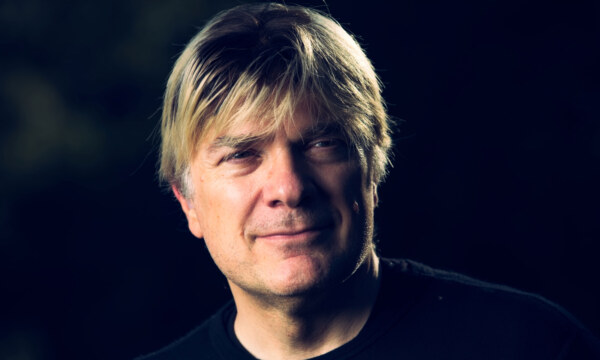
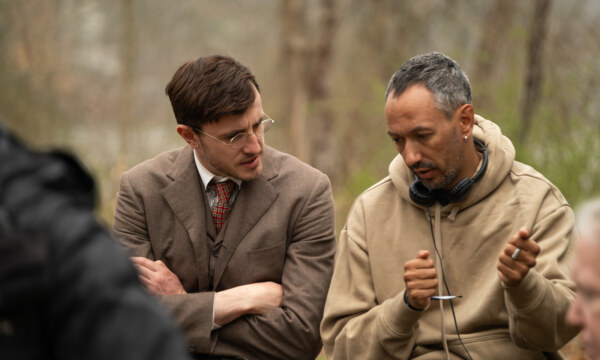
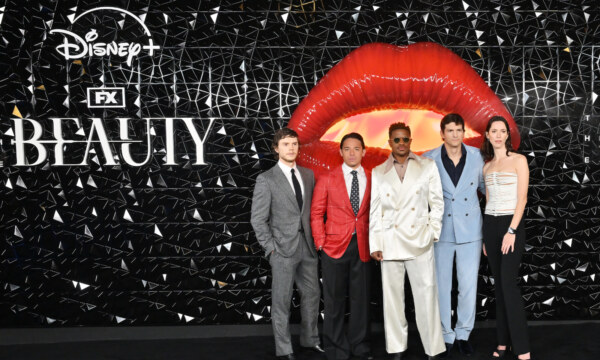

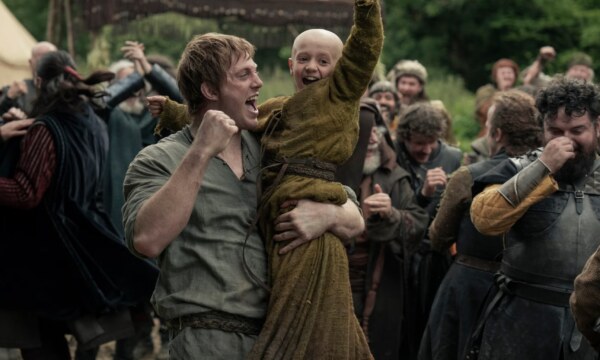
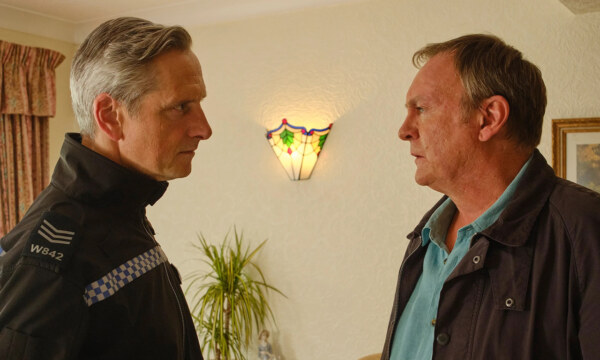
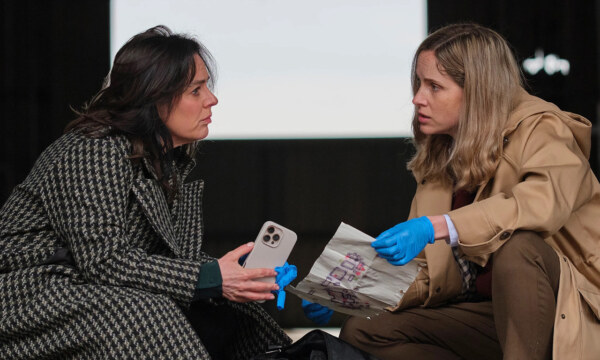
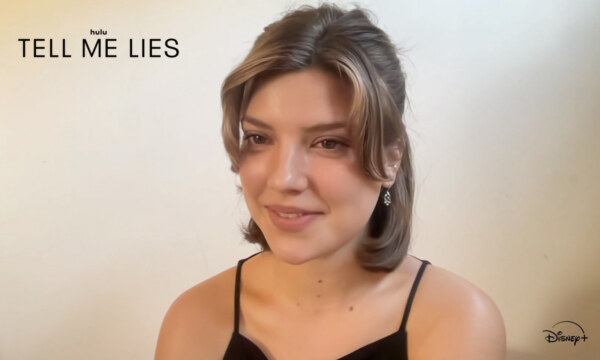
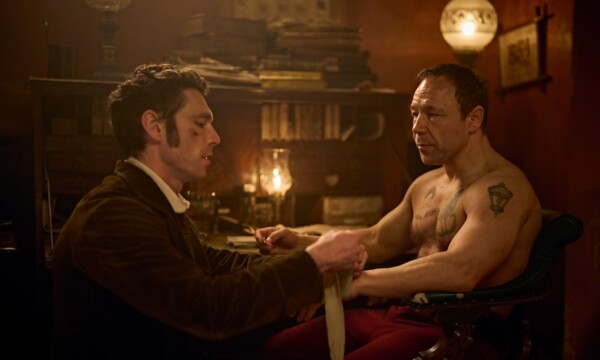

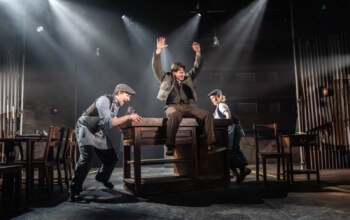
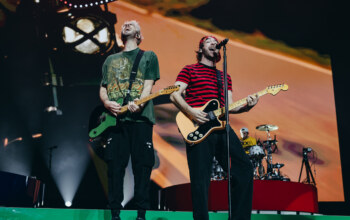
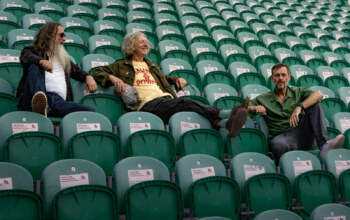
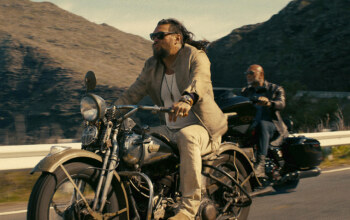

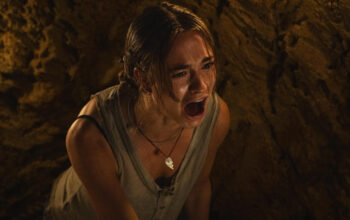





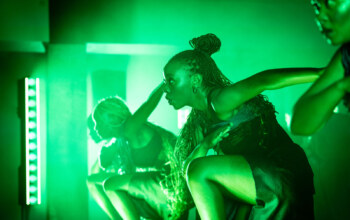
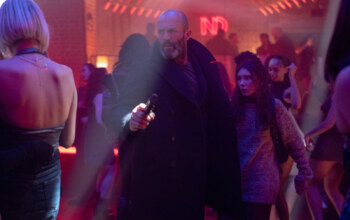
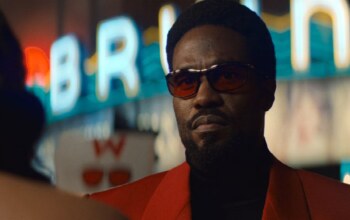
Facebook
Twitter
Instagram
YouTube
RSS